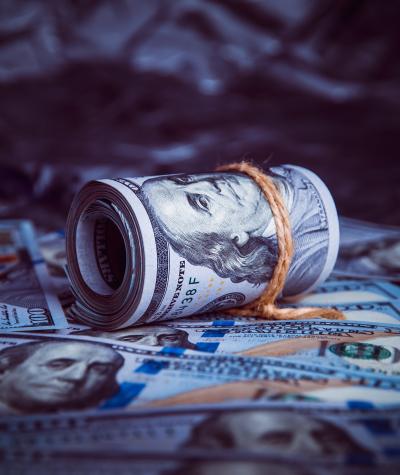Voters have a right to know who is spending money to influence their vote and our government. Transparency is necessary to understand who is supporting which candidates so that voters can make informed choices at the ballot box.
That’s why federal law requires candidates and committees to disclose their contributors.
But wealthy special interests who want to keep their political spending secret have found ways to hide their identities from the public. One of the most common tactics, a “straw donor scheme,” is to use a shell company or other intermediary to conceal the true source of political contributions.
Campaign Legal Center (CLC) recently filed a complaint with the Federal Election Commission (FEC) urging an investigation of “Save Our Home Planet Action, Inc. (SOHPA),” which appears to have been used to hide the true source of over $1.4 million in political contributions during the 2024 election cycle.
SOHPA was organized in Delaware on August 6, 2024, just 10 days before its first federal political contribution of $450,000. Between August 16 and September 4, SOHPA made a total of $1.425 million in contributions to five different political action committees (PACs).
SOHPA has no online footprint: The entity does not have a public website or social media accounts, and there is no record of it in business or trademark databases.
This indicates that the organization could not have gathered the necessary funds in the 10 days between its formation and the start of its torrent of election year spending — unless another person or entity illegally funneled money to it to make those contributions.
One of the few available details about SOHPA is the address associated with its political contributions — which is the same as the corporate headquarters of Patagonia, a company that sells popular outdoor clothing.
SOHPA’s name also implies a connection to the Ventura-based company: In a 2022 article, Patagonia’s founder Yvon Chouinard stated that “in 2019, we changed the company’s purpose to: we’re in business to save our home planet.”
Patagonia regularly uses this mantra, including in its company’s “core values” and even on the clothing it sells.
The disclosure of Patagonia’s corporate address in connection with SOHPA’s contributions, and the frequent use of “save our home planet” — the apparent straw donor’s name — in the company’s materials strongly suggests that SOHPA was established by the company or its executives for the purpose of making contributions while concealing the contributors’ identities, a blatant violation of the law.
Super PACs and hybrid PACs like the ones SOHPA contributed to spend millions to sway voters and support their preferred candidates. It is critical that voters have access to the full story about where their money is coming from so they can make informed choices at the ballot box.
Concealing contributors’ names through unlawful straw donor schemes deprives them of that information.
The FEC should investigate and, if it finds that SOHPA was in fact used to cover up others’ political contributions, enforce the law and assess a penalty to hold the violators accountable and deter anti-transparency schemes like this in the future.


